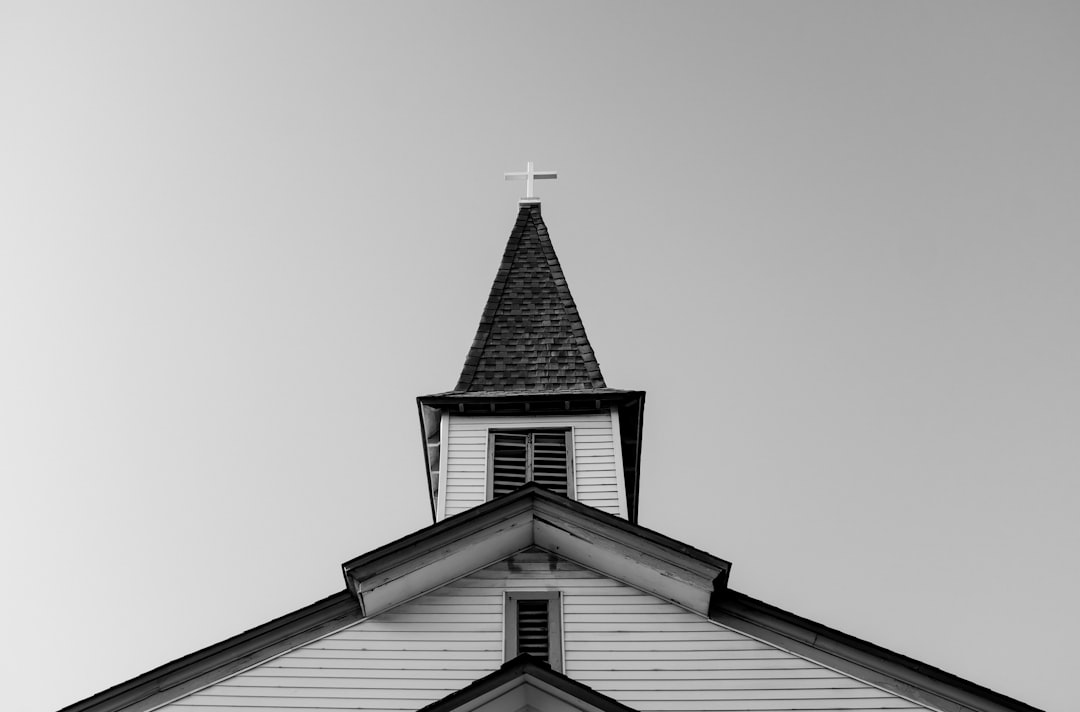Survivors of sexual misconduct by religious leaders in Georgia have legal protections and can seek justice with help from a skilled clergy abuse attorney. These professionals guide clients through complex systems, ensuring rights are protected and compensation is sought for emotional distress, medical bills, and other damages. They specialize in clergy sexual assault cases, providing closure and healing.
“In Georgia, survivors of clerical sexual assault are empowered to seek justice through legal action. This comprehensive guide delves into the specific laws surrounding clerical abuse, clarifying who can file a lawsuit against clergy members. We outline the legal process for survivors, from initial steps to take and understanding your rights, to securing compensation and support. If you’re a survivor in Georgia, connect with a dedicated clergy abuse attorney to navigate this challenging yet vital journey towards healing and redress.”
Understanding Clerical Abuse Laws in Georgia

In Georgia, clerical abuse laws are designed to protect individuals from sexual misconduct by religious leaders. If you or someone you know has experienced sexual assault or harassment by a member of the clergy, it’s crucial to understand your legal rights and options. A clergy abuse attorney in Georgia can provide expert guidance on navigating complex legal systems and ensuring justice for survivors.
Georgia laws offer specific protections for victims of clerical abuse, including civil litigation against perpetrators and institutions that fail to protect them. Survivors may seek compensation for emotional distress, medical expenses, and other damages resulting from the assault. A skilled clergy abuse attorney can help you understand your rights, gather evidence, and pursue legal action against those responsible, holding them accountable for their actions.
Who Can File a Lawsuit Against Clergy?

In Georgia, anyone who has experienced sexual assault or abuse by a member of the clergy can potentially file a lawsuit against the perpetrator and the institution responsible for their oversight. This includes individuals who were abused as children or adults, and it extends to cases where the abuse took place within a religious organization or church. Survivors may seek justice and compensation through legal action against both the offending cleric and the religious body that employed them.
The role of a clergy abuse attorney Georgia is crucial in navigating the complexities of these cases. They guide survivors through the process, ensuring their rights are protected and they receive fair compensation for the trauma they’ve endured. These attorneys specialize in understanding the unique legal and emotional challenges associated with clergy sexual assault and work diligently to help survivors find closure and healing.
The Legal Process for Survivors: Steps to Take

If you’re a survivor of clergy sexual assault in Georgia, navigating the legal process can seem daunting. The first step is to find a qualified clergy abuse attorney in Georgia who specializes in handling such sensitive cases. This expert will guide you through each stage and ensure your rights are protected.
They will help you understand the statute of limitations for filing a lawsuit, gather evidence including any documentation or witnesses, and determine if a settlement negotiation is feasible with the relevant church or institution. If a resolution cannot be reached, your attorney will file a lawsuit on your behalf, seeking justice and compensation for the harm you’ve suffered.
Compensation and Support for Victims of Sexual Assault

Survivors of clergy sexual assault in Georgia face unique challenges, but they are not without recourse. Compensatory damages and support services play a crucial role in healing and rebuilding lives shattered by such trauma. Many victims turn to a clergy abuse attorney in Georgia for help navigating complex legal systems and seeking justice.
These attorneys specialize in holding accountable those who have committed sexual assault within religious institutions, providing a vital safety net for survivors. Through litigation, they secure financial compensation for physical and emotional injuries, medical expenses, and other related damages. Additionally, they advocate for victims’ psychological needs, ensuring access to counseling, therapy, and support groups tailored to address the specific complexities of clergy abuse.





